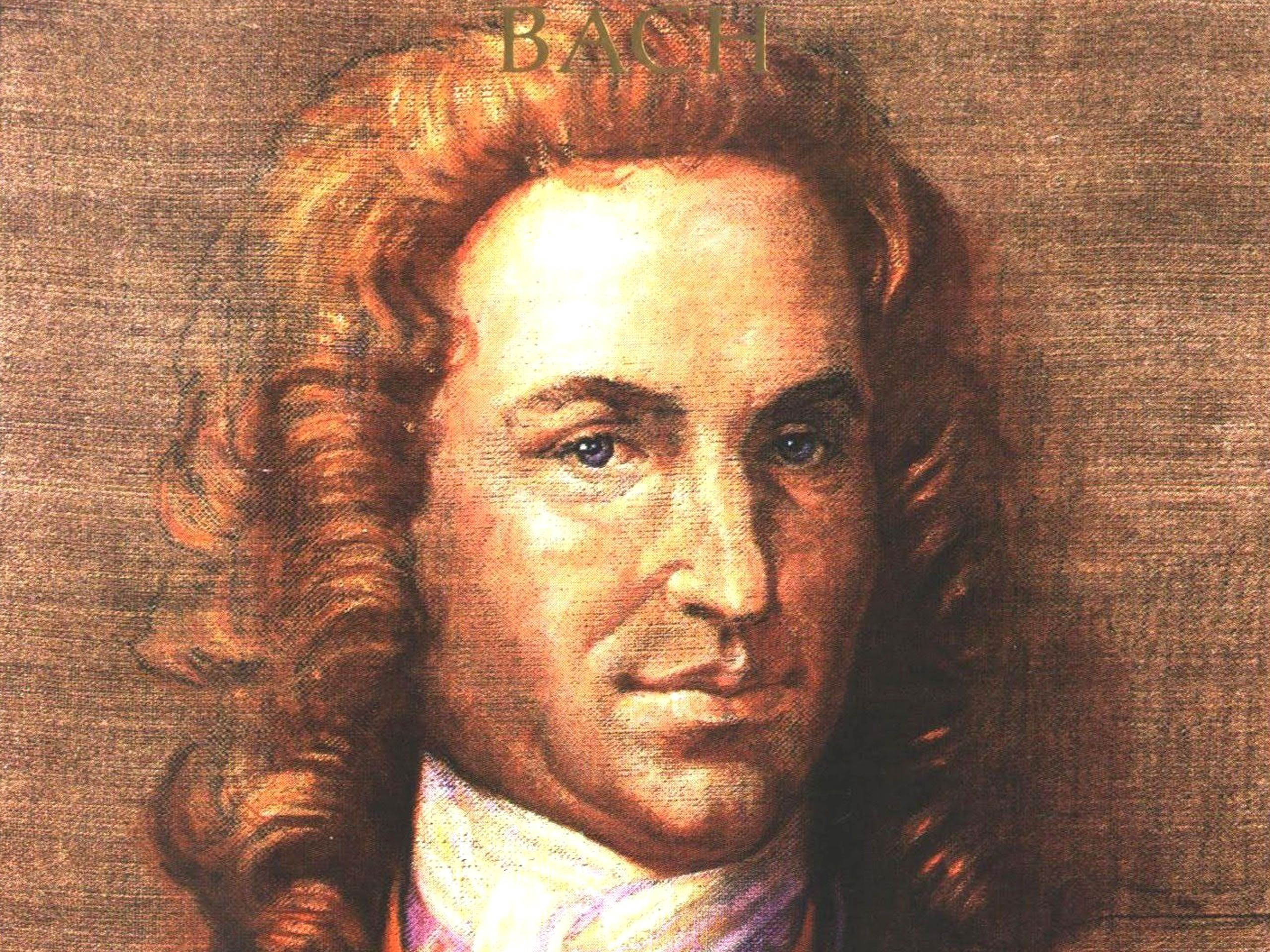Though Johann Sebastian Bach never wrote an opera, many hear his two settings of the Passion, the tale of Christ’s last days, as evidence that he would have mastered opera just as he did every other genre. In the St. Matthew Passion, from 1727, he stage-managed a complex array of forces for maximum impact. The action of the story is furthered through recitative—by a narrator, called the Evangelist, who describes it in the third person, and by the first-person characters within the story (Judas, Pilate, Peter, etc.). The words of Jesus himself are accompanied by ethereal sustained strings, as if his voice is throwing off a kind of sonic glow. Ornate solo arias stand outside the action and present emotional commentary on it. The chorus plays two roles: one dramatic, representing disciples, angry mobs, and other groups (even splitting in two for question-and-answer dialogue); the other reflective, singing hymnlike chorales on homiletic texts (in which the congregation may have joined). The shifts among all these points of view, and from within to without the drama, resemble nothing so much as a skillfully edited film. And perhaps that’s why Bach never bothered with opera: The constricting stage conventions of his time offered no scope for anything this sophisticated. As a musical dramatist, he was already far beyond that. The Seattle Symphony performs the St. Matthew this weekend, under Ludovic Morlot; with the same solo singers, Stephen Stubbs conducts Bach’s 1724 St. John Passion with Pacific MusicWorks on March 1 and 2. Benaroya Hall, Third Ave. & Union St., 215-4747, seattlesymphony.org. $19–$76. 8 p.m. Fri., Feb. 21–Sat., Feb. 22.
Though Johann Sebastian Bach never wrote an opera, many hear his two





